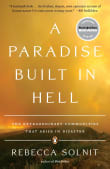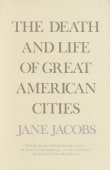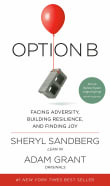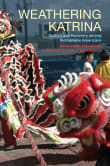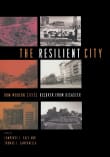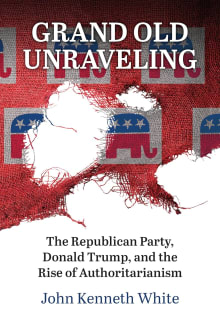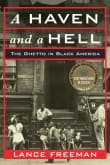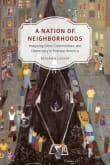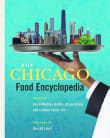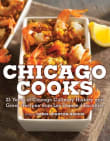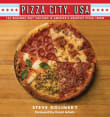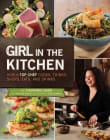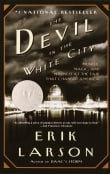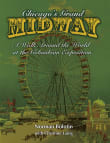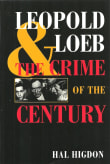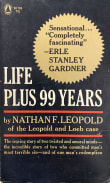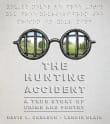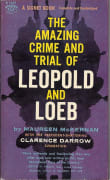Heat Wave
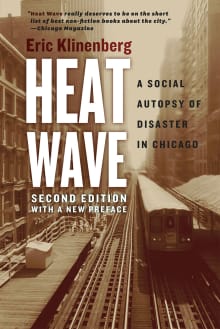
Book description
On Thursday, July 13, 1995, Chicagoans awoke to a blistering day on which the temperature would eventually climb to 106 degrees. It was the start of an unprecedented heat wave that would last a full week - and leave more than seven hundred people dead. Rather than view these deaths…
Why read it?
2 authors picked Heat Wave as one of their favorite books. Why do they recommend it?

In an age of global warming, Klinenberg’s study of how Chicago did (and did not) cope with a horrible heat wave that hit the city in 1995, killing 739 residents, is more relevant than ever.
He shows how death rates varied hugely across neighborhoods, not so much based on socioeconomic status but on the cohesiveness of the community. In places where neighbors looked in on each other the death rate was lower.
Strong neighborhoods do not just enhance our lives, they can save lives.
From Todd's list on why neighborhoods still matter.

This year, many states and cities in the US have been heat by deadly high temperatures, and this book is a “social autopsy” of a July 1995 heat wave in Chicago that killed more than 700 people. Why did these residents die, and not others? While the obvious answers are poverty and age, as many were older people living in poor communities who did not have air conditioning, that isn’t even half the story. Instead, Klinenberg uncovers how, for those residents who had strong social connections, those ties protected them by inviting them out of stiflingly hot homes into safer,…
From Daniel's list on the importance of community during disasters.
If you love Heat Wave...
Want books like Heat Wave?
Our community of 12,000+ authors has personally recommended 99 books like Heat Wave.

